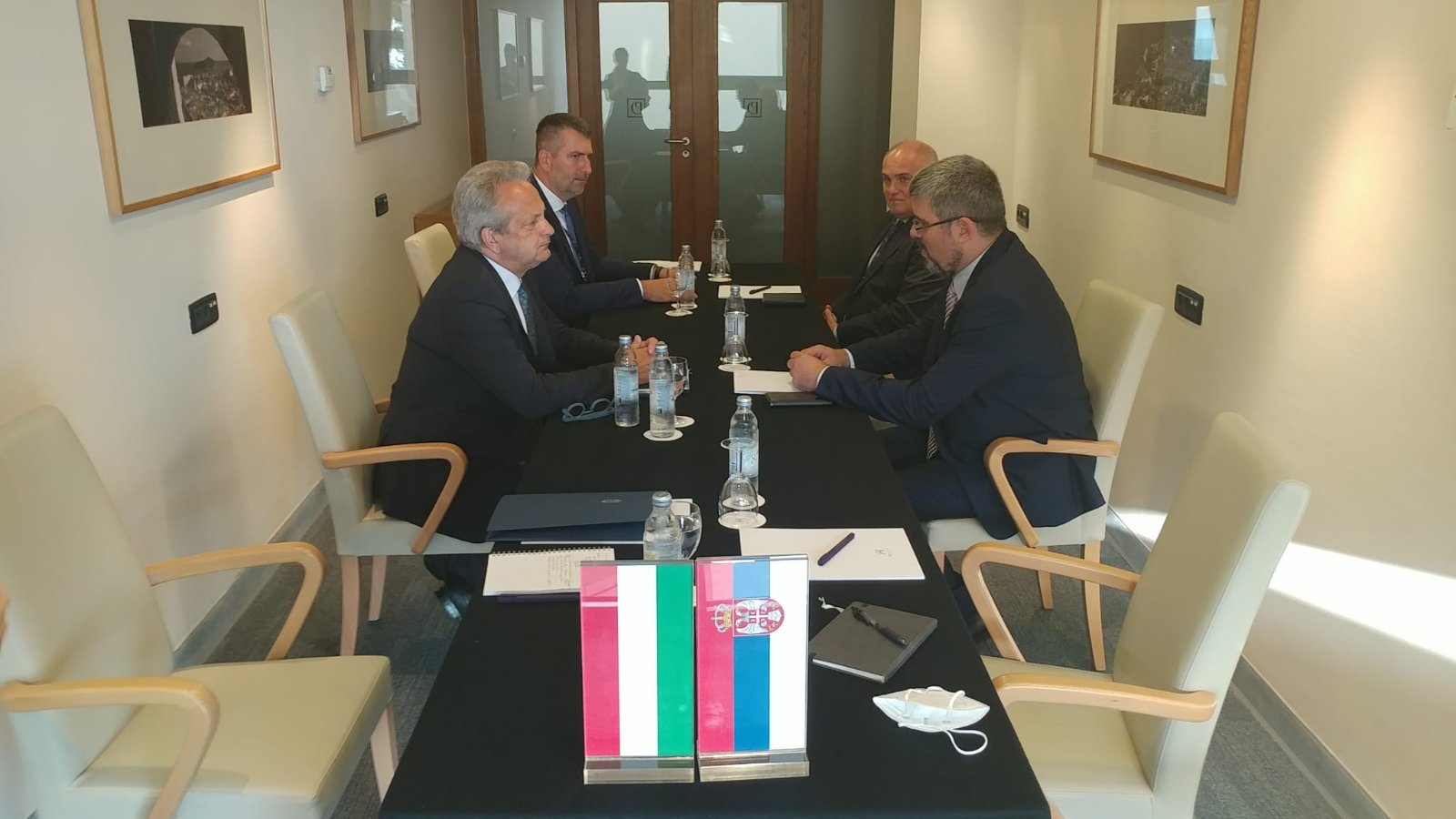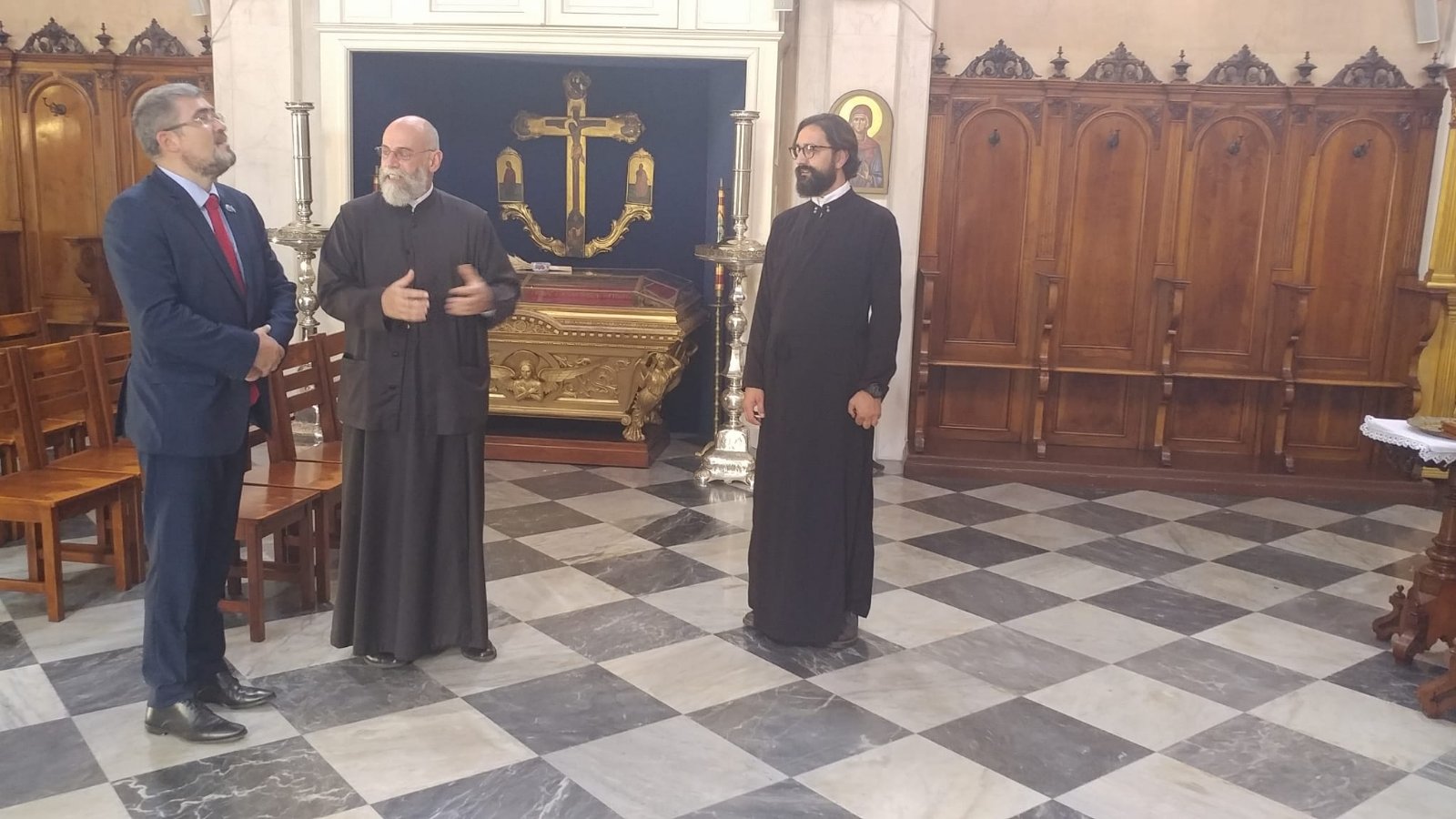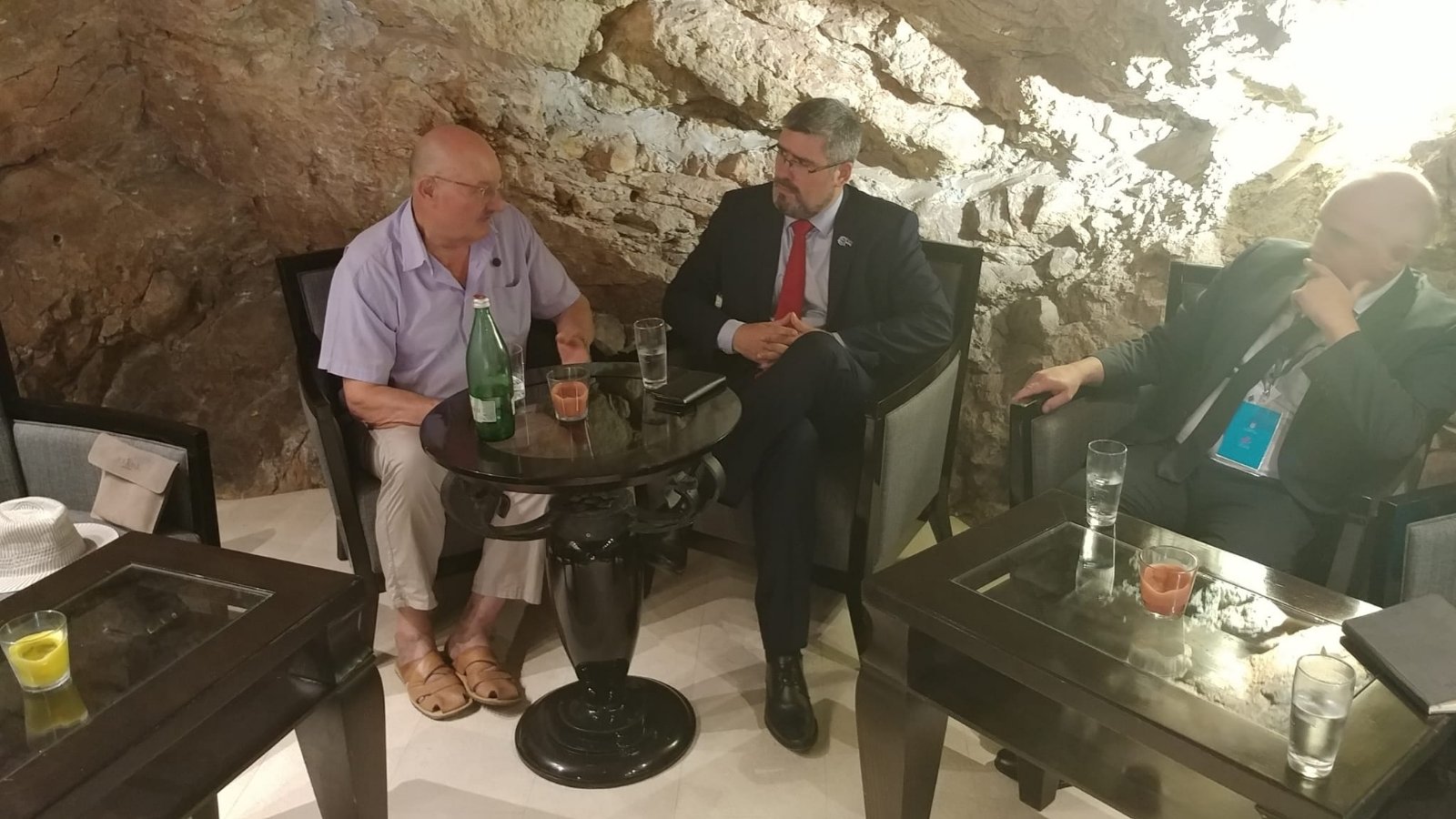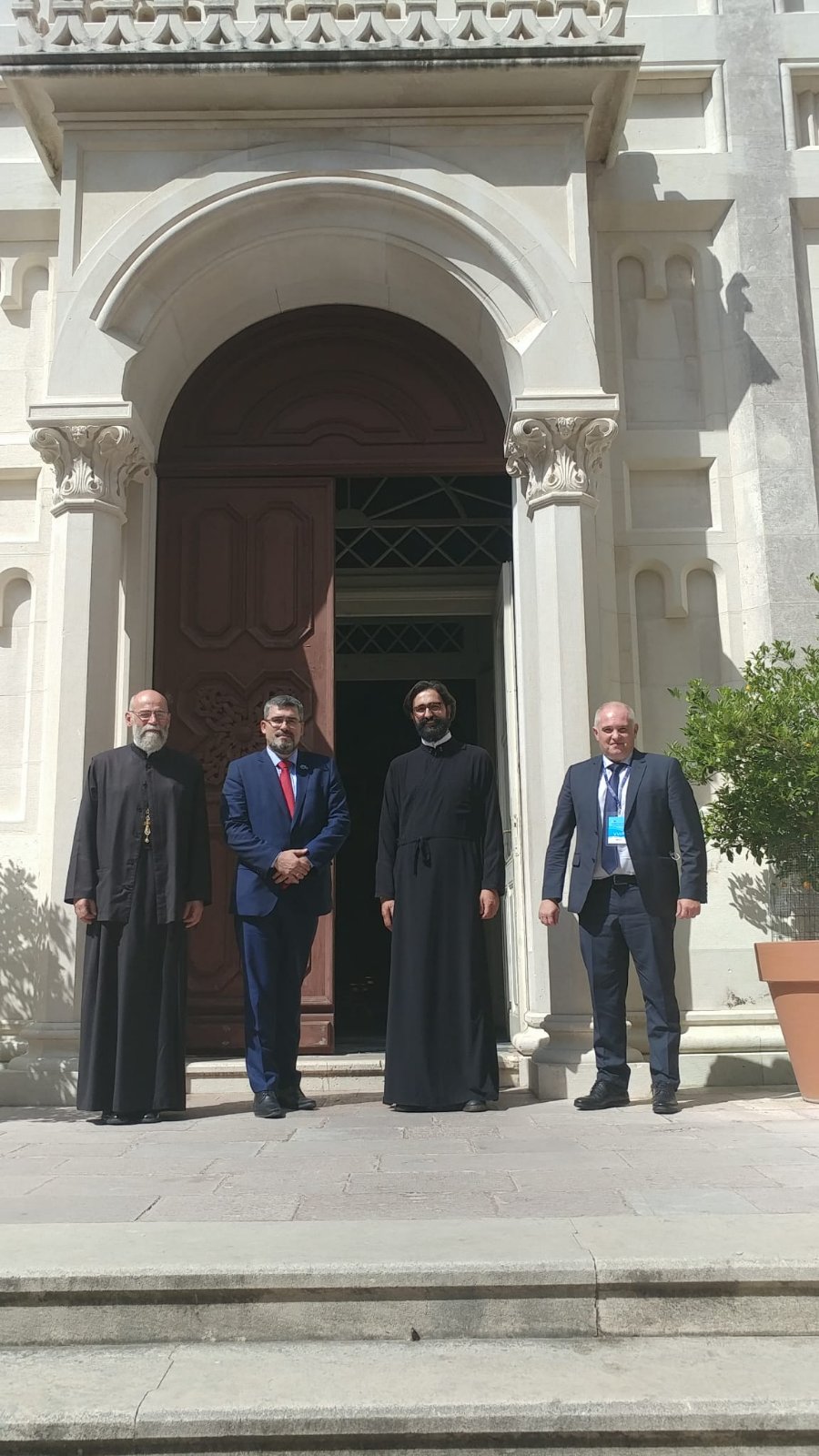State Secretary Starović participated in the Dubrovnik Forum
Starović assessed that the countries of the Western Balkans, during the COVID-19 virus pandemic, contrary to the expectations of many, showed a much higher degree of solidarity than it was in other parts of the continent. He pointed out that Serbia was successful in procuring vaccines from the very beginning, so for that reason it could and wanted to help its neighbors in the region, and from the beginning of the vaccination process it started donating vaccines to its neighbors, who at the time did not have any.
According to him, so far, Serbia has donated about 250,000 doses of vaccines to countries in the region and beyond, and with the aim of supporting further solidarity and joint fight against the pandemic, it has opened its borders to citizens of the region and provided free vaccinations in cities across Serbia.
"Almost 200,000 of our neighbors came and were vaccinated in Serbia", Starović said, adding that this, among other things, contributed to the reconciliation process, while the image of Serbia from the 1990s disappeared in one day, because people recognized how much Serbia had changed and how many things have been done in the last few years.
"Migrants were also included in the vaccination program in Serbia, and now a large supply of vaccines is being prepared, which will be donated to countries in Africa, which are currently in a difficult situation", the state secretary emphasized.
Speaking about the enlargement of the EU to the countries of the Western Balkans, the state secretary pointed out that Serbia is facing difficult tasks on its path to European integration, from which it does not run away, but on the contrary, it is aware that any result that will be achieved will be aimed at a better life of the citizens of Serbia.
He pointed out that despite the fact that the accession process contains a political aspect, all parties in the process must be honest, and that solutions must be sought in joint cooperation between the EU and the Western Balkans, so that certain bilateral issues do not lead to the blockade of states in the process. Starović cited the case of Northern Macedonia as an example, emphasizing that the blockade of that country is being transferred to all countries in the Western Balkans.
During his presentation, Starović stated that despite the fact that all countries in the region are facing the problem of "brain drain", Serbia can currently boast that it is in a situation where more highly educated people come to Serbia than leave it. On the other hand, as the state secretary pointed out, the problem that is dominant in Serbia is the departure of people with knowledge of special trades – masons, plumbers, nurses, etc.
"The only solution to that problem is – economic strengthening", Starović pointed out.
In the end, Starović emphasized that most of the problems facing the countries of the Western Balkans can be solved by regional and economic cooperation, and cited the "mini Schengen" initiative as a good example, assessing that it is not a substitute for European integration, but its supplement. He added that the invitation was open for the entire Western Balkans to join the initiative, and announced that its name would soon be changed, so as not to provoke certain controversy in that sense.
On the sidelines of the Dubrovnik Forum, State Secretary Starović met with State Secretary at the Hungarian Ministry of Foreign Affairs and Trade Tamas Varga, and on that occasion the interlocutors exchanged views on foreign policy issues, the pandemic, migration and the European integration process.
Also, during his stay in Dubrovnik, Starović visited the Church of the Holy Annunciation and the premises of the Serbian Orthodox Church Municipality of Dubrovnik, and on that occasion, he met with Archpriest-Staurophore Stevan Kovačević and Priest Miroslav Bošković.
After visiting the Serbian Orthodox Church Municipality, the state secretary met with the President of the Serbian National Council of the Dubrovnik-Neretva County and the City of Dubrovnik, Milorad Vukanović, and the Deputy President of the Serbian National Council of the Dubrovnik-Neretva County, Danijel Vuković.




